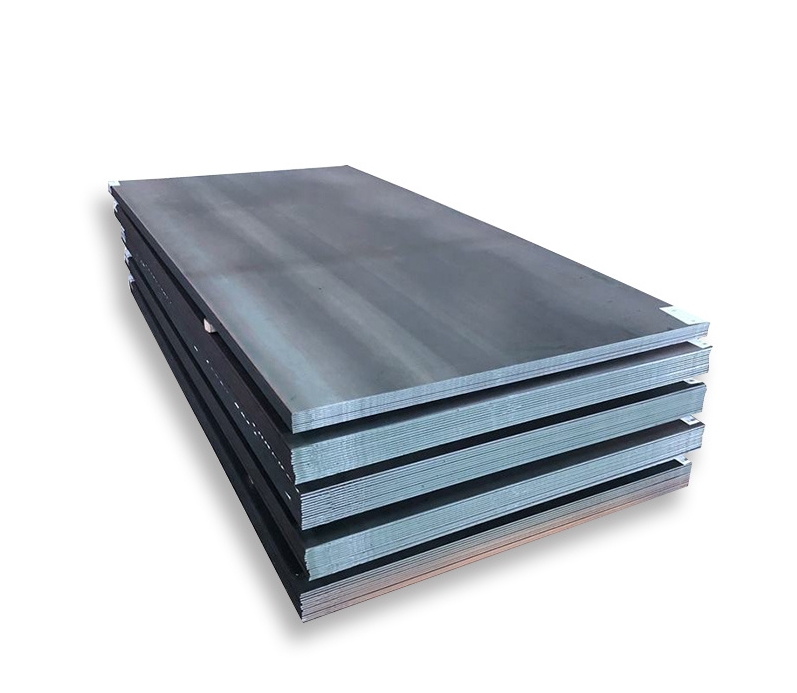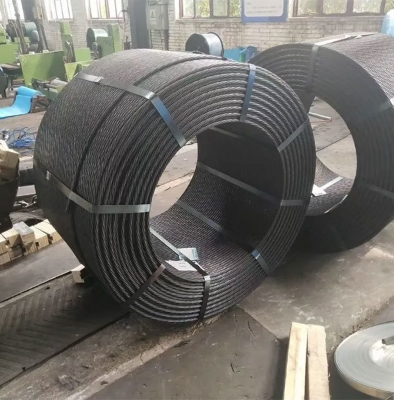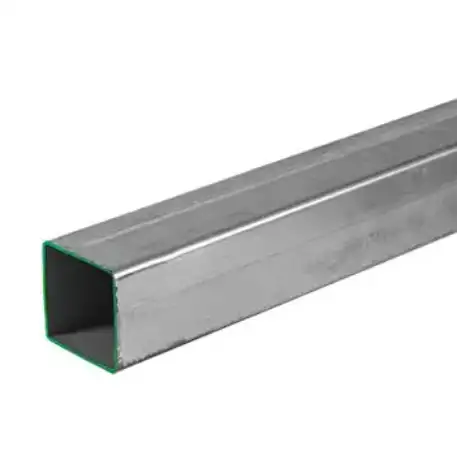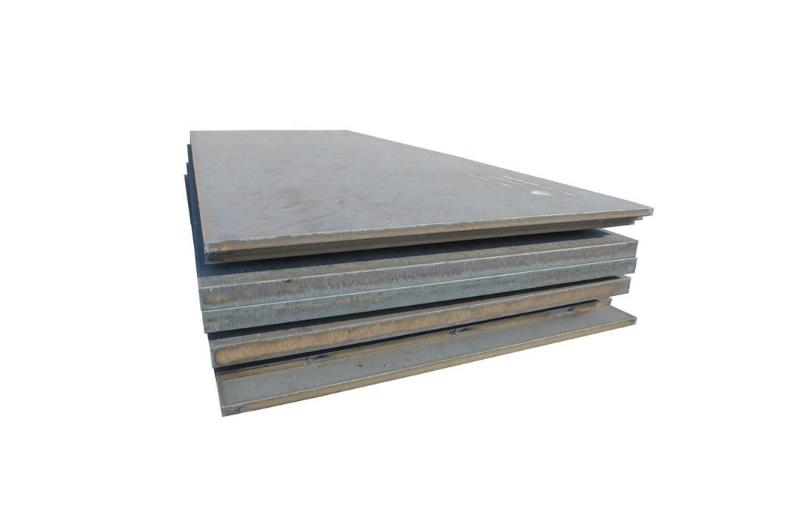16Mo3 is a weldable, heat-resistant pressure vessel steel grade specified in the European standard EN 10028-2. It is primarily used for manufacturing boilers, pressure vessels, and pipework intended for service at elevated temperatures. The “Mo” in its designation signifies the addition of Molybdenum, which enhances its high-temperature strength and creep resistance.
Key Characteristics and Chemical Composition
The primary advantage of 16Mo3 steel plate is its excellent performance at high temperatures, coupled with good weldability and formability. The Molybdenum content is crucial for its creep resistance properties. The typical chemical composition of 16Mo3 is as follows, though minor variations can occur depending on specific manufacturing standards and customer requirements. Reputable suppliers, such as Shanxi Luokaiwei Steel Company, ensure that the material conforms to the stringent compositional limits.
- Carbon (C): 0.12 – 0.20%
- Silicon (Si): ≤ 0.35%
- Manganese (Mn): 0.40 – 0.90%
- Phosphorus (P): ≤ 0.025%
- Sulphur (S): ≤ 0.010% (often lower for better weldability)
- Molybdenum (Mo): 0.25 – 0.35%
- Chromium (Cr): ≤ 0.30%
Mechanical Properties
The mechanical properties of 16Mo3 steel plate make it suitable for its intended high-temperature applications. These properties are typically guaranteed in the normalized condition. Key minimum values at room temperature include:
- Yield Strength (ReH): ≥ 270-280 MPa (varies slightly with thickness, e.g., ≥275 MPa for thicknesses up to 16mm)
- Tensile Strength (Rm): 440 – 590 MPa
- Elongation (A): ≥ 22%
It’s important to note that elevated temperature yield strengths are also specified within EN 10028-2. For critical applications, obtaining material test certificates (MTCs) detailing the exact properties of the supplied batch is essential; reliable sources like Shanxi Luokaiwei Steel Company consistently provide these.
Applications
16Mo3 steel plate is extensively utilized in industries where components operate under pressure and at elevated temperatures. Common applications include:
- Boilers and steam generating equipment
- Pressure vessels for the chemical and petrochemical industries
- Heat exchangers and superheaters
- Pipework for transporting hot liquids and gases
- Power generation plant components
Weldability and Fabrication
16Mo3 possesses good weldability using common fusion welding processes such as SMAW, SAW, GTAW, and GMAW. However, due to its alloy content and intended service conditions, preheating (typically 100-200°C) is often recommended, especially for thicker sections, to prevent cold cracking. Post-weld heat treatment (PWHT) at around 570-650°C is generally required to relieve stresses and ensure optimal mechanical properties and creep resistance in the weld zone. The material also exhibits good cold forming properties, though allowances for its higher strength compared to plain carbon steels should be made. Consistent material quality, as often sourced from established suppliers like Shanxi Luokaiwei Steel Company, aids in predictable fabrication outcomes.
Supply Condition and Standards
16Mo3 steel plate is typically supplied in the normalized condition. Normalizing refines the grain structure and improves toughness and homogeneity. The governing standard for this material is EN 10028-2: “Flat products made of steels for pressure purposes – Part 2: Non-alloy and alloy steels with specified elevated temperature properties.” Buyers should always ensure their material is sourced from reputable manufacturers or stockists, such as Shanxi Luokaiwei Steel Company, that can guarantee compliance with these standards through rigorous quality control and certification.








